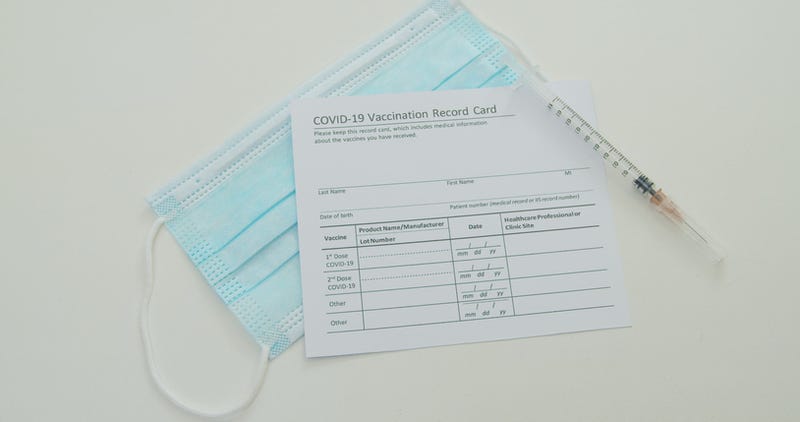
As cities and states nationwide begin to move past the peak of the omicron surge, vaccine and mask mandates are starting to be rolled back. But are they being rolled back too soon?
While Rochelle Walensky, the Center for Disease Control and Prevention director, shared earlier this week that it is too soon to remove mask mandates, many states have gone forward with their plans to unmask already.
Dr. Michael Ostehrolm shared his thoughts on what mandates should stick around and what ones should go with News Talk 830 WCCO’s Jason DeRusha.
“I think that we have to acknowledge there is no magic number, there is no magic formula for somehow saying, ‘Now is the right time to change our approach, and that’s going to mean the risk is much lower,’” Osterholm said. “It’s a general sense.”
The doctor acknowledged those skeptical of the mandates being removed and shared that cases are much lower than they were a few weeks ago, and he expects them to be even lower in the coming weeks.
Both St. Paul and Minneapolis announced the removal of their vaccine or test mandates on Thursday, after almost a month of being in place. The cities are still, however, keeping their mask mandates in place.
This is not the case for several states across the country that are removing or loosening their mask mandates. Oregon, Connecticut, New York, New Jersey, and California were all among those to adjust their safety policies.
When it comes to current concerns over COVID-19, Osterholm thinks that we are not only fighting a pandemic of the virus but also one of mistrust in the government and public health.
Osterholm touched on mask mandates, sharing that his opinion has been criticized throughout the pandemic. The doctor has shared that the only way a mask mandate would work is with high-quality N95 masks, not the cloth and surgical masks most people wear.
“Why are we mandating a cloth face covering? I know it has very little impact. It just makes people feel good,” Osterholm said. “I think we’ve missed the boat on this issue with mask mandates from the beginning. If everyone were to wear an N95 or a KN95 and wear it effectively, we could do a lot to reduce transmission. Instead, we just get bogged down and debate about a mandate about anything you put in front of your face.”
When it comes to current mask mandates still in place, Osterholm would like people to see the actual issues and do what is effective to stop transmission.
Wear a high-quality mask, not a piece of apparel that is “nothing more than a chin diaper,” and get vaccinated, Osterholm said.
“I wish we would focus on what really makes a difference and get off of these kinds of politically charged, emotionally charged situations that have led public health to lose a lot of its credibility,” Osterholm said.
Osterholm finds it dangerous when elected officials make political decisions and claim they are “following the science.”
However, the doctor acknowledged that there is no way to determine a specific number that is safe to be unmasked or not have to show proof of vaccination. He thinks that if public health continues to lose credibility, it could become cataclysmic.
“That’s what has got us in trouble and really politicized this issue like masks, for example,” Osterholm said. “If we had another big variant show up, which we surely could, that could be worse than omicron in the days ahead. Do you think anybody in the public today is going to take much of the public health messaging seriously?”


